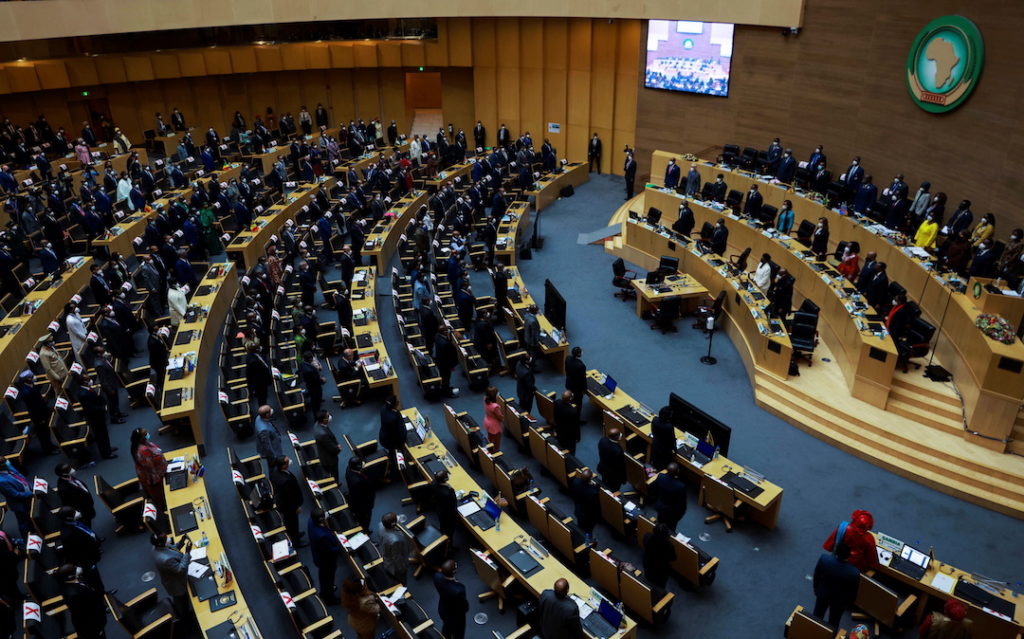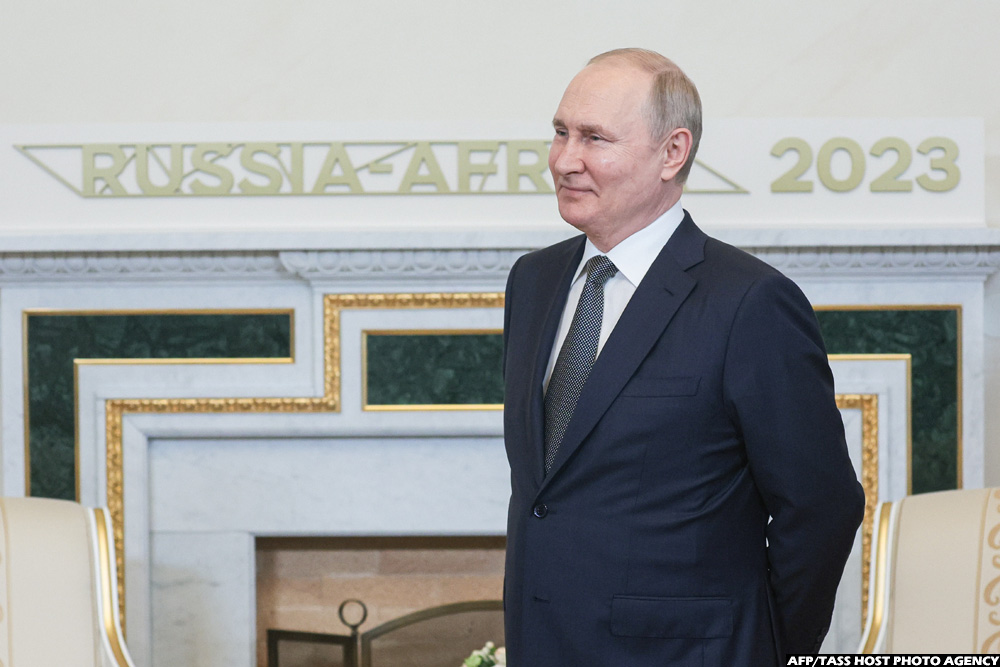
Aziz Akhannouch, the Prime Minister of Morocco, is representing His Majesty King Mohammed VI at the second Russia-Africa Summit, which commenced on July 27, 2023, in Saint Petersburg, Russia. President Vladimir Putin invited all African countries with bilateral relations recognized by the United Nations. Notably, the self-proclaimed “RASD” was not invited to participate in this event. This decision by Russia stands in stark contrast to the European Union’s previous actions, as they had invited the leader of the “RASD” to the EU-AU Summit in Brussels in February 2022, a move that was seen as a violation of international legality.

The second Russia-Africa Summit has made history by solemnly inviting only those African states officially recognized by the United Nations, solidifying the principle of limited participation to UN-recognized countries. The decision by Russia to extend invitations solely to African nations with established bilateral relations, and recognition by the UN, stands as an irreversible commitment to this inclusive participation approach.
Despite pressures from certain countries, such as South Africa and Algeria, to include the “Polisario” in the summit, Russia’s sovereign decision has reaffirmed its commitment to limiting participation to UN-recognized African states, safeguarded by all legal and diplomatic guarantees during the organization of the summit and beyond.
The summit documents, including four declarations and an action plan, explicitly establish this principle of participation. The introductory paragraph of these official documents clearly states, “We, Heads of State and Government of the Russian Federation and African states recognized by the United Nations (hereinafter referred to as the Russian Federation and African states), and representatives of the African Union and leading integration organizations of Africa.”
This solemnly enshrined principle in the official documents establishes that only the 54 member states of the African Union recognized by the UN are part of this summit. Russia’s decision decisively contrasts with the European Union’s previous stance, where, under French presidency, it invited the leader of the “Polisario” to the EU-AU Summit held in Brussels in February 2022, violating international legality.
The controversial presence of the “Polisario” leader marred the credibility of the meeting and elicited disapproval from many participating countries, outraged that the EU allowed the participation of an individual pursued by several European judicial authorities for war crimes and human rights violations.
While the EU considers Morocco a strategic and privileged partner, its consent to an unwelcome intruder during the Brussels summit contradicted its principles. Despite neither its institutions nor member states recognizing the “Polisario,” the EU paradoxically offered a seat to a notorious criminal who denounces the UN-brokered ceasefire agreement and threatens Morocco’s security, as well as the peace and stability in the EU’s immediate neighborhood.
As separatist pressures affect various European member states, the EU should equally prioritize the security and stability of Morocco, a nation it rightly considers a strategic and privileged partner. This underscores that firmness and principled stances are choices that yield positive outcomes. Many of Morocco’s partners have made this choice, and Russia, which embraced this approach in 2019, continues to uphold its commitments.




